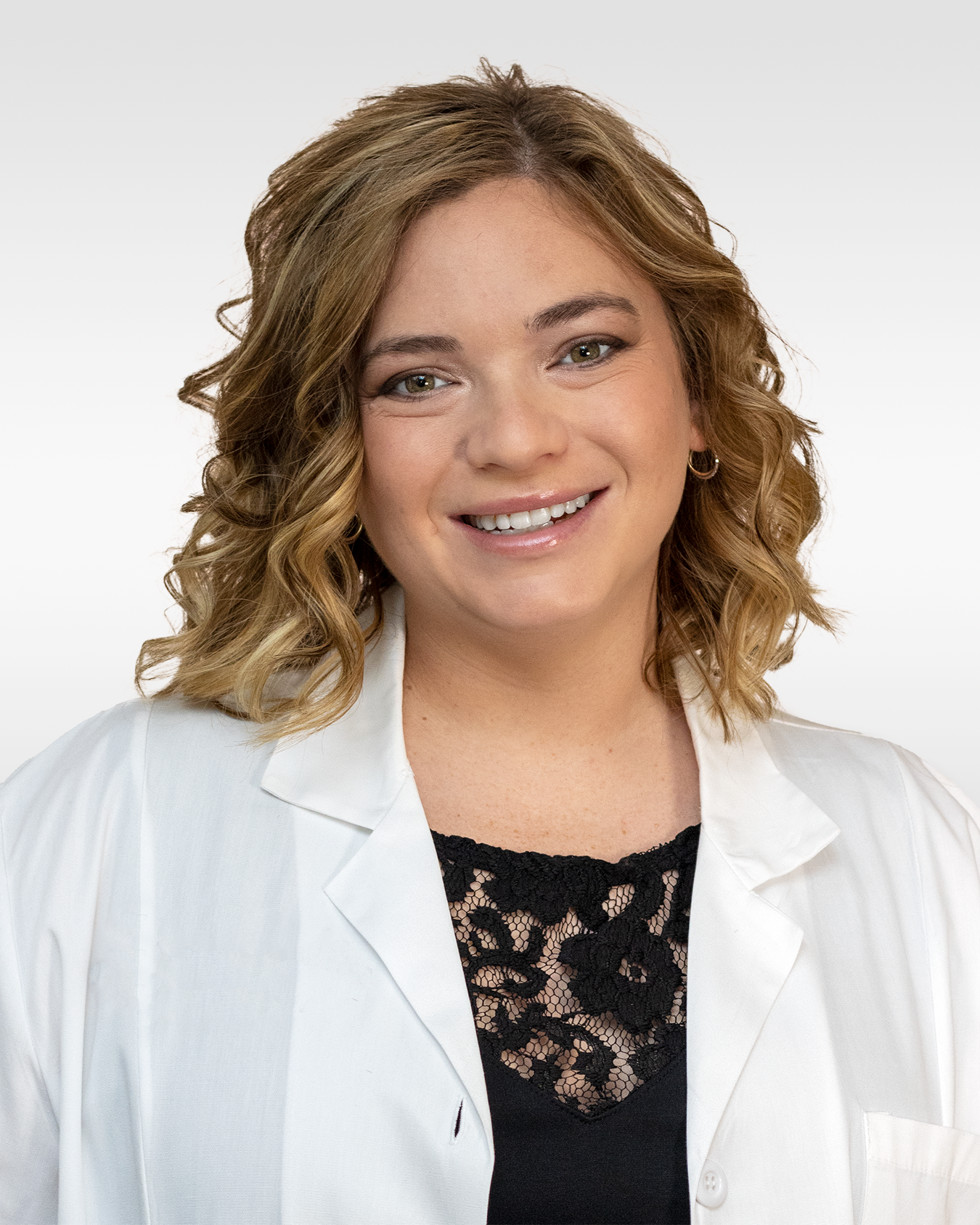How to Protect Young Athletes from Sudden Cardiac Arrest

These athletes experienced a life-threatening condition. Could it have been avoided?
Young athletes appear to be at the peak of health. So why do we occasionally hear stories of these healthy individuals experiencing a life-threatening condition such as sudden cardiac arrest?
In January 2023, millions of people witnessed this happening on live television to Damar Hamlin, a 24-year-old safety for the Buffalo Bills. He collapsed after a tackle and was resuscitated on the field. In August of this year, 18-year-old Bronny James, the son of basketball star LeBron James, suffered sudden cardiac arrest while practicing with his college team at USC.
Fortunately, these two young athletes survived their experience, thanks to quick medical attention by their team’s staff. Although these two events caught the public eye, sudden cardiac arrest happens to other young athletes as well. This brings up an important question—is there any way to stop it from happening?

Abby Shubert, PA-C
Abby Shubert, a Family Practice Physician Assistant with Family Care Clinics says, “The leading medical cause of death in young athletes in the US is sudden cardiac arrest. This is most commonly caused by a structural abnormality of the heart that can be identified with proper testing. It is important to be transparent with your healthcare provider during your pre-participation physical and discuss your family history, personal medical history, and any abnormal symptoms during activity to be sure that we are identifying those who may need additional testing before being cleared for sports. We can also protect our young athletes by ensuring CPR-trained individuals and an AED are available at all sporting events.”
What exactly is sudden cardiac arrest?
When someone experiences sudden cardiac arrest, their heart suddenly stops beating. This is due to an irregular heart rhythm—an electrical problem in the heart. The person immediately stops breathing and becomes unconscious. If they don’t receive immediate medical help, which includes shocking the heart to restore its rhythm and performing CPR, the person may die.
What can you do to lower the chance that it happens to someone you know?
Most times, the cause of sudden cardiac arrest in young athletes is due to a congenital heart condition that was never detected. Traditional health screenings of student-athletes don’t pick up most of these heart issues.
To better protect someone involved in vigorous physical activities, such as young athletes, you may want to talk to your doctor about having more comprehensive testing done of the heart, such as an electrocardiogram (ECG). This is recommended if there is a family history of heart conditions or if the person experiences heart palpitations, chest pain or is easily out of breath from exercise.
Is there any way to guarantee that sudden cardiac arrest doesn’t happen?
Although ECGs increase the chance of finding a congenital heart condition that may cause sudden cardiac arrest, they don’t protect athletes 100 percent. That’s because there are other causes of sudden cardiac arrest that are difficult to detect or are out of anyone’s control. For example, the cause of Damar Hamlin’s emergency was believed be due to blunt force trauma to his chest when he tackled another player. He was hit in just the right place at the right time to cause an irregular heart rhythm.
Since the stakes are so high if someone experiences sudden cardiac arrest, it’s important for parents and athletes alike to make sure staff members of sports teams know how to do CPR and have access to automatic external defibrillators (AEDs). This gives a person experiencing sudden cardiac arrest the best chance of surviving this life-threatening condition. Unfortunately, waiting for an ambulance to arrive may be too late.
Establishing your family’s care with a family care practice provider and getting regular annual physicals helps identify potential medical conditions and address them early. Call 660-200-3627 or visit Family Care Clinics to schedule an annual physical.
Copyright 2023 © Baldwin Publishing, Inc. Health eCooks® is a registered trademark of Baldwin Publishing, Inc. Cook eKitchen™ is a designated trademark of Baldwin Publishing, Inc. Any duplication or distribution of the information contained herein without the express approval of Baldwin Publishing, Inc. is strictly prohibited.


